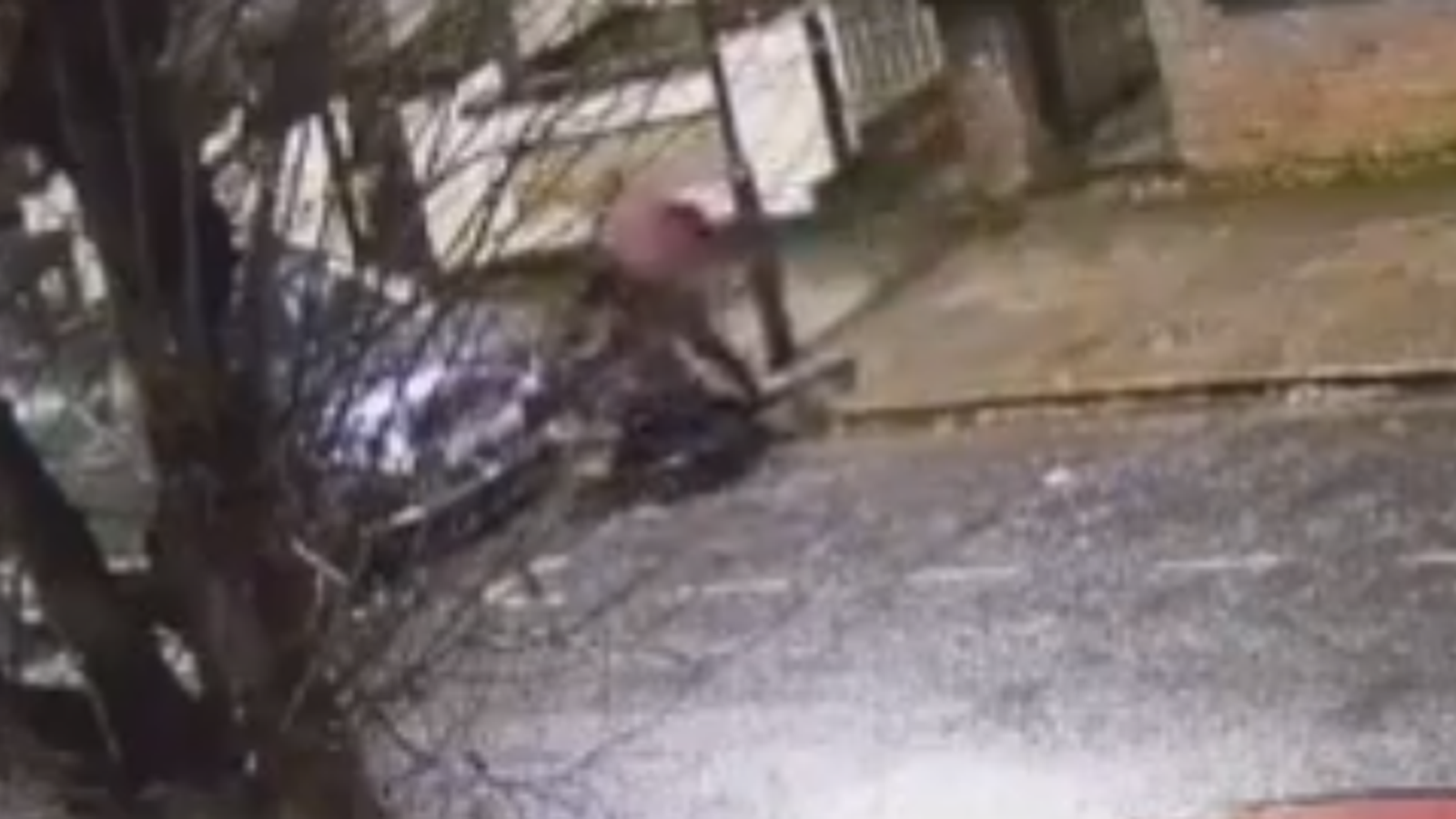Boris Johnson faced intense questioning from MPs this week over accusations he deliberately or recklessly misled parliament over what he knew about partygate.
During the questioning, he insisted “hand on heart” he did not lie about rules and guidance being broken in Downing Street – insisting the statements he made to the Commons were made in “good faith” and based on assurances from senior staff.
He also defended gatherings that he attended – five in total – claiming leaving dos and thanking staff was “absolutely essential for work purposes”.
Politics live: Johnson’s support among Tory MPs ‘diminishing’
But the committee raised concerns he may not have sought “proper advice” about whether regulations had been followed before making speeches at the dispatch box.
So, now the marathon evidence session has concluded, what next for the former prime minister?
When it comes to the inquiry itself, the cross-party committee of MPs will still not be drawn on the timeline for finishing its investigation.
The Boris Johnson and Brexit bandwagons seem to be fading – and Rishi Sunak is the main beneficiary
Boris Johnson wants to forget partygate, but will parliament let him?
‘Hand on heart’: Boris Johnson swears he’s telling the truth
A spokesperson told Sky News the committee offered the opportunity for Mr Johnson to submit more written evidence to the inquiry during Wednesday’s appearance, so more documents and statements could be coming their way.
They also said the committee “reserves the right to request further oral evidence from witnesses in the course of the inquiry” – including from the former PM – so we could see yet more appearances before their work is wrapped up.
When all that is completed though, the committee will compile a report, publishing its decision on whether Mr Johnson did deliberately or recklessly mislead parliament, amounting to committing a contempt – a very serious breach of parliamentary rules.
If they conclude any misleading was inadvertent or that he did not mislead the House at all, the inquiry will come to an end and Mr Johnson can carry on as a backbench MP.
But if they think he did commit a contempt, the group of cross-party MPs will recommend a sanction to the Commons that they deem appropriate.
Please use Chrome browser for a more accessible video player
Sanctions can range from an oral or written apology through to suspension for a specified period or even expulsion from the Commons.
However, the committee itself has no powers to enact it and it will fall to MPs to decide whether to accept the findings of the report and to follow through with any sanction.
The lower end of the punishment scale could take place quickly, and again, Mr Johnson could return to his work as a backbencher after a brief appearance in the Commons.
And the most serious sanction – an expulsion from parliament – seems very unlikely.
But if MPs agree to a suspension upwards of 10 sitting days or 14 calendar days, that would trigger a recall petition for Mr Johnson.
Please use Chrome browser for a more accessible video player
If signed by 10% of his constituents, it would result in a by-election in the former PM’s west London seat of Uxbridge and South Ruislip.
And that would be far from welcome news for Mr Johnson, who holds the seat by a far from unbeatable majority of just over 7,200 votes.
Were he to lose that by-election, the once party leader would be out of the Commons and any hopes of a return to Number 10 would be dashed.
Now we have to wait to see what the committee concludes and whether it will mean an end to Mr Johnson’s political career in Westminster.






